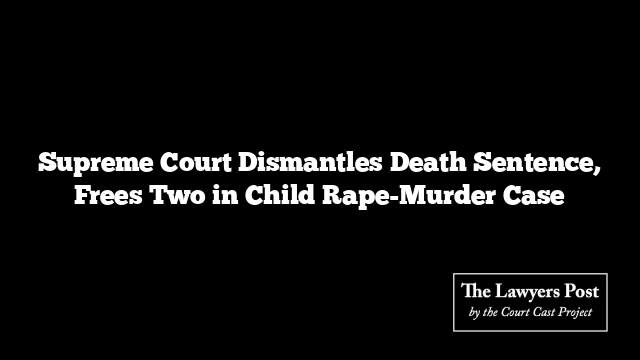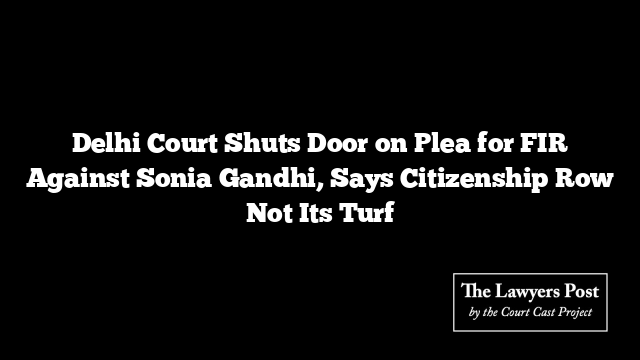In a dramatic turn that underlines the unforgiving standards of proof required for capital punishment, the Supreme Court has acquitted two men—one of them on death row—in connection with the rape and murder of a seven-year-old girl in Uttarakhand.
The Bench declared that the prosecution’s case was riddled with gaps, contradictions, and broken links in the chain of circumstantial evidence. “Where two views are possible—one towards guilt and the other towards innocence—the law demands we adopt the latter,” the judges said, stressing that no conviction, let alone the ultimate penalty of death, can rest on suspicion or flawed investigation.
The case began in November 2014 when the child disappeared during a wedding at Sheeshmahal in Kathgodam. Days later, her body was discovered in a forest near the Gaula River. The post-mortem confirmed sexual assault and fatal blunt-force injuries.
Police suspicion fell on Akhtar Ali, Prem Pal Verma, and Junior Masih. While Ali was arrested in Ludhiana, allegedly with incriminating items and a supposed confession, Verma and Masih were picked up shortly after. In 2016, a trial court handed Ali the death penalty under rape-and-murder provisions of the IPC and POCSO, while Verma was sentenced to seven years for harbouring an offender. Masih walked free.
The Uttarakhand High Court in 2019 upheld Ali’s death sentence and Verma’s conviction. Both men then moved the Supreme Court.
The apex court found the prosecution’s foundation too shaky to support such grave punishments. Witness accounts were inconsistent, recoveries questionable, and even the DNA evidence was tainted by custody lapses and unexplained discrepancies. The “last seen together” theory also collapsed under scrutiny.
Pointing to landmark rulings like Bachan Singh and Manoj, the Court underscored that the burden of proof in death penalty cases is nothing short of absolute. Any shred of doubt must tilt in favour of the accused.
Calling the investigative failures “serious and fatal,” the Bench concluded that the supposed links tying the men to the crime simply did not exist. The 2019 High Court verdict was set aside, and both Ali and Verma were acquitted.





